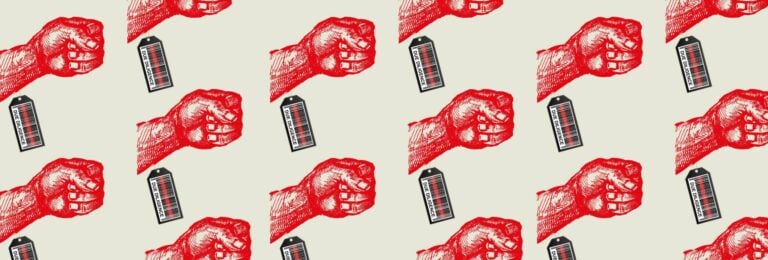
Lack of urgency in answering parliamentary questions on critical report on the Dutch Garment Agreement
Following a critical research report on the Dutch Agreement on Sustainable Garment and Textiles (CKT) published in June, Dutch Minister for Foreign Trade and Development Cooperation Sigrid Kaag showed a worrying lack of urgency when it came to answering questions(opens in new window) put to her by members of parliament .
Reports by garment companies on corporate accountability are insufficient
The study by Clean Clothes Campaign Netherlands (SKC) and SOMO highlighted that CKT member companies are failing to score high marks in the field of international corporate accountability and in their reporting on it. SKC and SOMO concluded that CKT companies are underperforming in terms of guaranteeing a living wage in their supply chains or involving local stakeholders, such as factory workers and trade unions. The research found that improvement plans to tackle these abuses were either completely lacking or were not concrete enough.
In response to this report, Dutch political parties CU, PvdA and SP submitted parliamentary questions to Minister Kaag back in July. In her answers(opens in new window) , the Minister replied that the Agreement acknowledges that companies’ communication about their efforts needs to be strengthened and that the recommendations of the SKC-SOMO report should be included in the assessment of CKT companies. Kaag also indicated that the introduction of due diligence, including the drafting and publication of a corporate accountability report, was a learning process.
SKC and SOMO recognise that awareness and capacity development with regard to corporate accountability at CKT companies is a vital first step. However, after four years of membership of the Agreement, we expect companies to realise concrete positive change for the workers in their supply chains. If the CKT wants to achieve its objectives next year, major steps need to be taken in the short term to address these challenges.
More urgency needed
Substantial improvements are needed as a matter of urgency to address the human rights of garment workers around the world. The Covid-19 crisis has further weakened the already precarious situation of workers in the textile and clothing industry: many people have lost their jobs; some have been made redundant while others have not been paid their wages in full.
SKC and SOMO are calling for urgent action from several different stakeholders in order to right these wrongs:
- The Dutch government has recently evaluated its own import policy (which includes the Agreement) and is now considering the measures that need to be taken. As a funder of and participant in the CKT, the government must ensure that the CKT does not become a failure. SKC and SOMO are calling on Minister Kaag to do what is necessary to put an end to human rights violations in the supply chains of Dutch companies.
- The CKT must take stricter action against companies that fail to meet the CKT standards and objectives in the given time. This requires clear agreements with consequences, such as official warnings and expulsion when companies repeatedly violate the agreements.
- Of course, the companies affiliated to the CKT have their own individual responsibility to translate corporate social responsibility (CSR) ambitions into action, including: a living wage; trade union freedom; meaningful dialogue and cooperation with trade unions and other organisations that stand up for the interests of workers.
- With the Second Chamber elections of 2021 approaching, SKC and SOMO are calling on political parties to define their position on corporate accountability and to include clear language about it in their election manifestos.
Partners
Related news
-
 The hidden human costs linked to global supply chains in ChinaPosted in category:News
The hidden human costs linked to global supply chains in ChinaPosted in category:News Joshua RosenzweigPublished on:
Joshua RosenzweigPublished on: -
 Major brands sourcing from China lack public policies on responsible exitPosted in category:News
Major brands sourcing from China lack public policies on responsible exitPosted in category:News Joshua RosenzweigPublished on:
Joshua RosenzweigPublished on: -
Linking labour issues in China to global brands Published on:Posted in category:Publication


